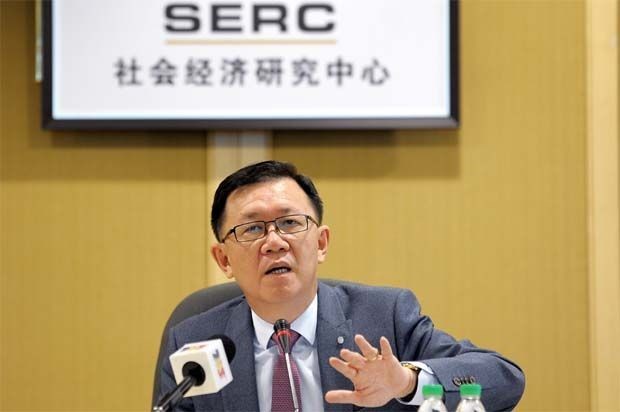
PETALING JAYA: Regulatory reforms are needed to bolster the competitiveness and ease the complexity for multinational companies (MNCs) to carry out businesses in the country.
Based on the latest Global Business Complexity Index (GBCI) 2020 report by global professional services firm TMF Group, Malaysia was ranked the ninth most complex country for MNCs to do business globally, and the third most complex in Asia. In 2019, Malaysia ranked 25th for global business complexity.
The top five countries with the most complex jurisdictions are Indonesia, Brazil, Argentina, Bolivia and Greece while the least complex are Curacao, followed by the US, Jamaica, Denmark and the British Virgin Islands.
To improve Malaysia’s ranking and ease the complexity of doing business, Socio-Economic Research Centre executive director Lee Heng Guie told StarBiz that government policies and regulations played a decisive role in fostering competitiveness.
Maintaining good governance, a clear articulation of rules and regulations as well as reducing regulation risks could facilitate business to make better informed investment decisions, he said.
Lee said this called for the need of regulatory reforms at the federal government, states and local authorities to streamline as well as ease unnecessary regulations and compliances on businesses.
He said there is still room for Malaysia to improve the World Bank’s ease of doing business ranking (12th in 2020).
He said there is a need to further streamline the impediments to investment in Malaysia and these included in the areas of business startups, taxation and legal rights and contract enforcement.
“For example, local entrepreneurs continue to face cumbersome procedures to start and operate a business. Malaysia ranks 126th on this indicator, taking 8.5 procedures and 17.5 days.
“The country ranks 80th on this indicator as domestic companies spend an average of 174 hours annually to comply with fiscal obligations, slightly more than the OECD high-income average of 159 hours.
“It is also crucial to enhance regulations that protect the rights of lenders and borrowers, and improve the efficiency of the judicial system.
“For instance, the time needed to enforce a contract in Malaysia has taken 425 days compared to Thailand (reduced from 440 to 420 days in Thailand), and in Indonesia (from 471 days to 403 days), ” he added.
TMF Group Malaysia managing director Sharon Yam said simplification, modernisation and digitalisation of business processes would help improve Malaysia’s global rankings in the area of business complexity.
Malaysia offered a wealth of opportunities for international businesses, and has an appetite for more foreign investment into the country, she said.
In recent years, as part of a drive to make Malaysia a more attractive place to do business, Yam said the government has started to simplify processes to help move the country forward.
“For example, the government has launched a digital submission platform for audits and financial statements. While its use is not compulsory, the government is encouraging the companies to use it by giving an annual rebate of RM5,000 per year.
“In addition to that, the authorities have introduced some applications for e-submissions, gradually phasing out hard copies in due course. With this, we can expect to see the country’s business complexity to start reducing as a result, ” she added.
Source: https://www.thestar.com.my/business/business-news/2020/08/21/regulatory-reforms-needed-to-bolster-competitiveness

